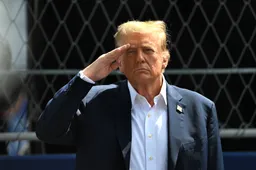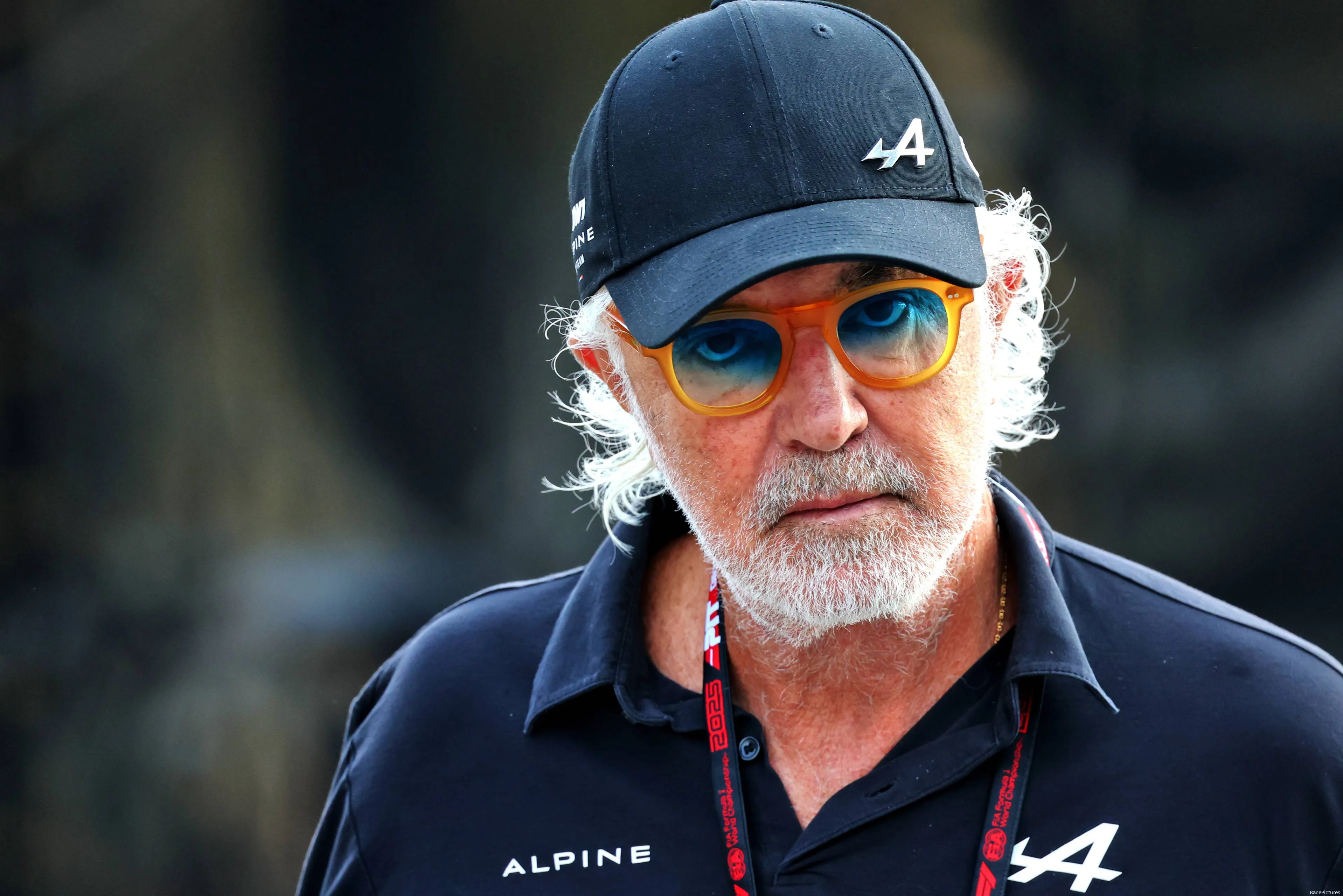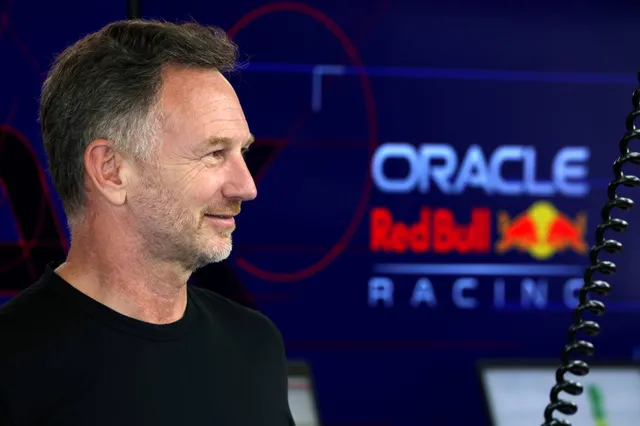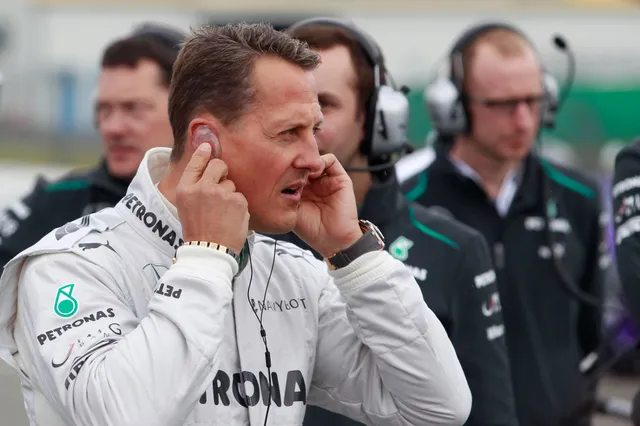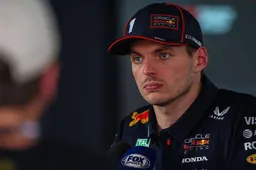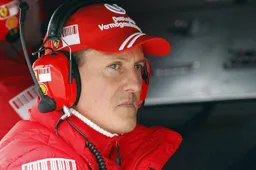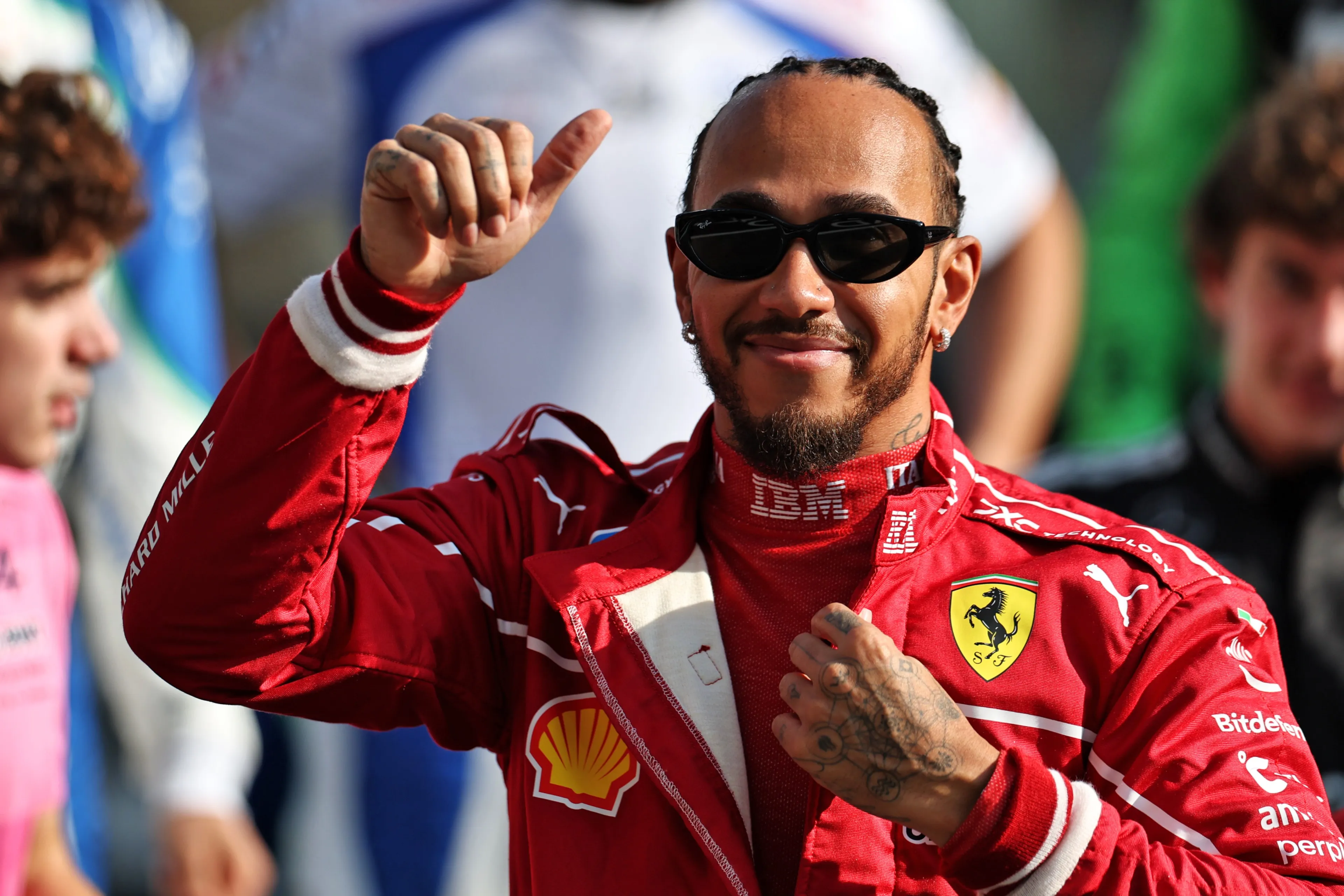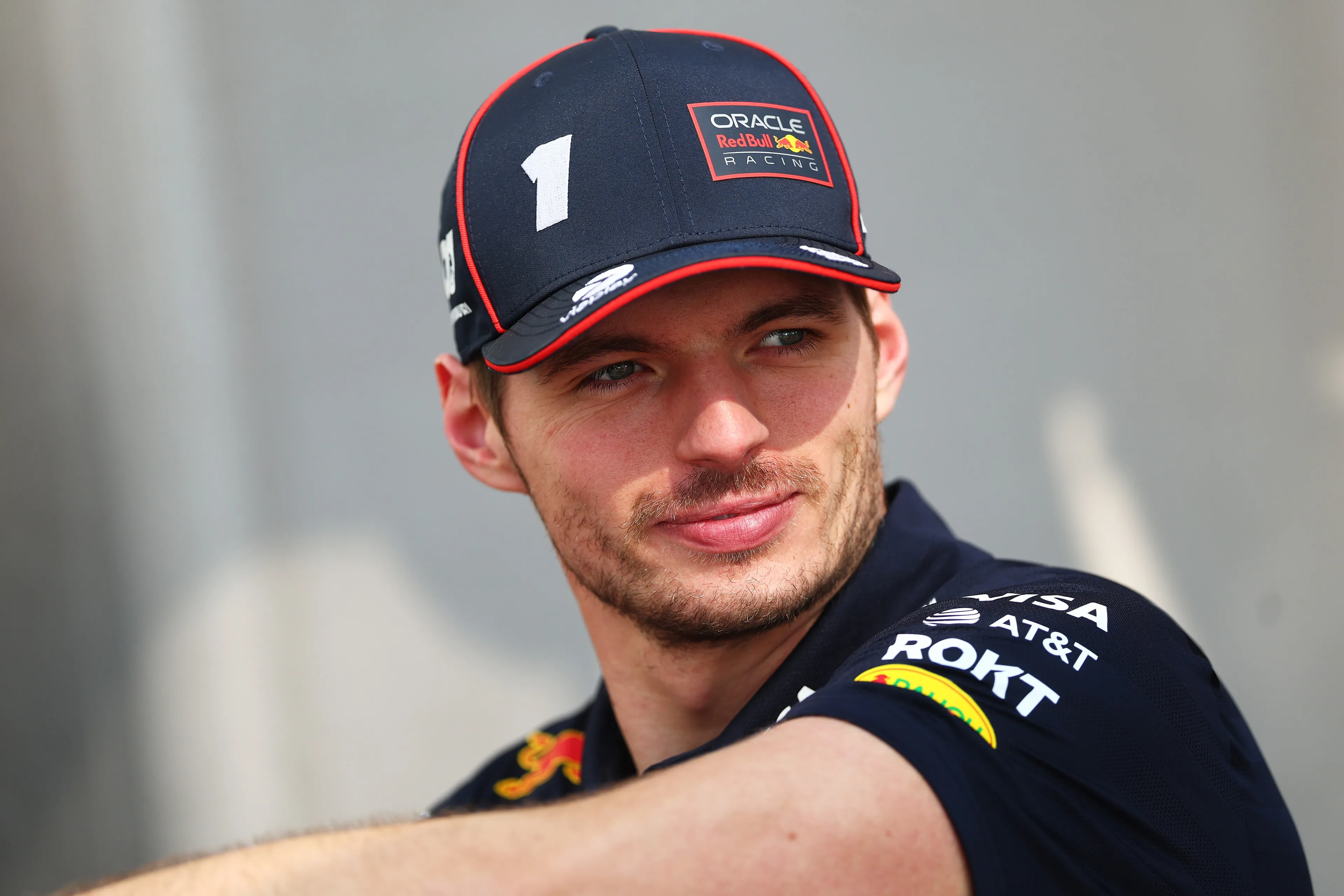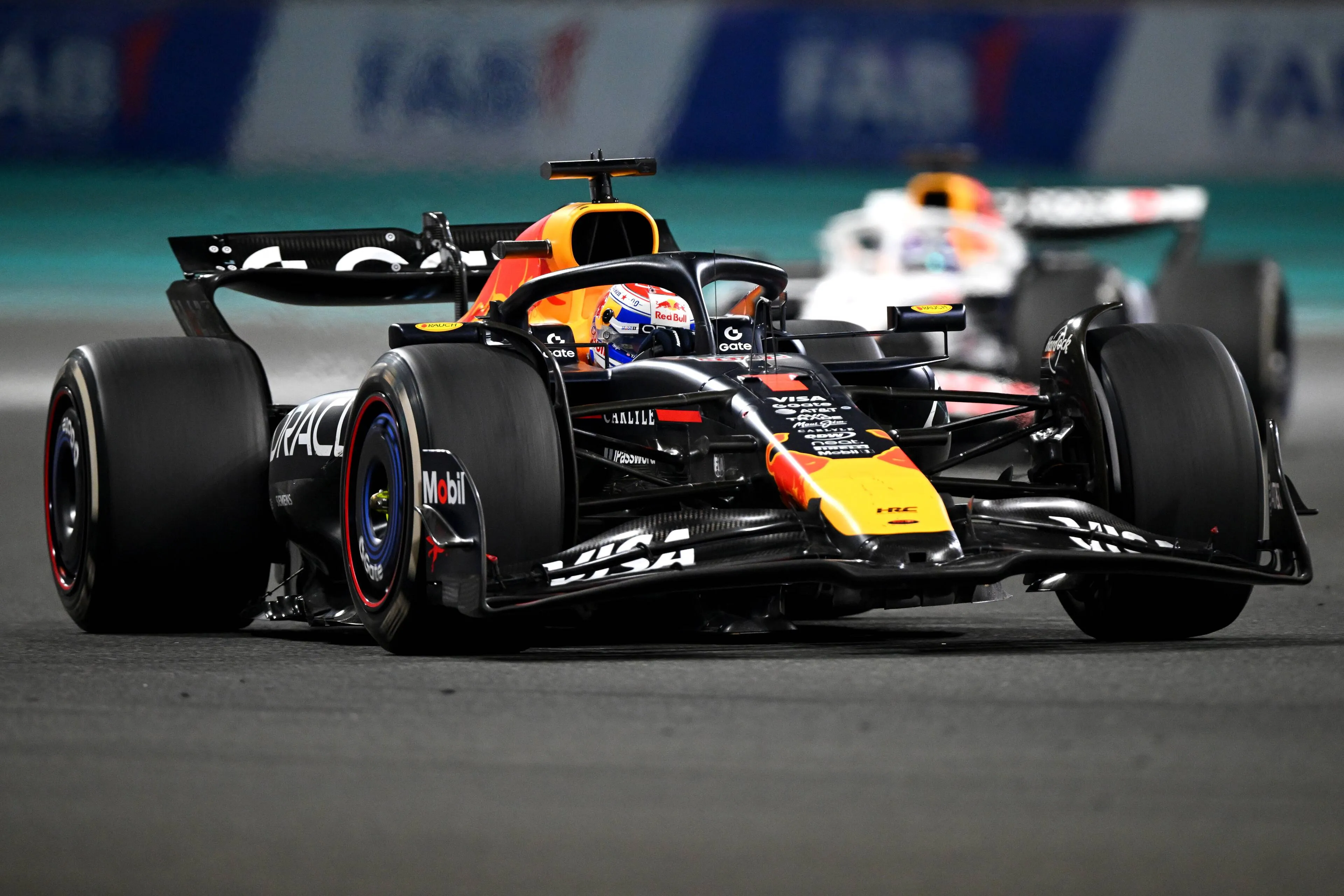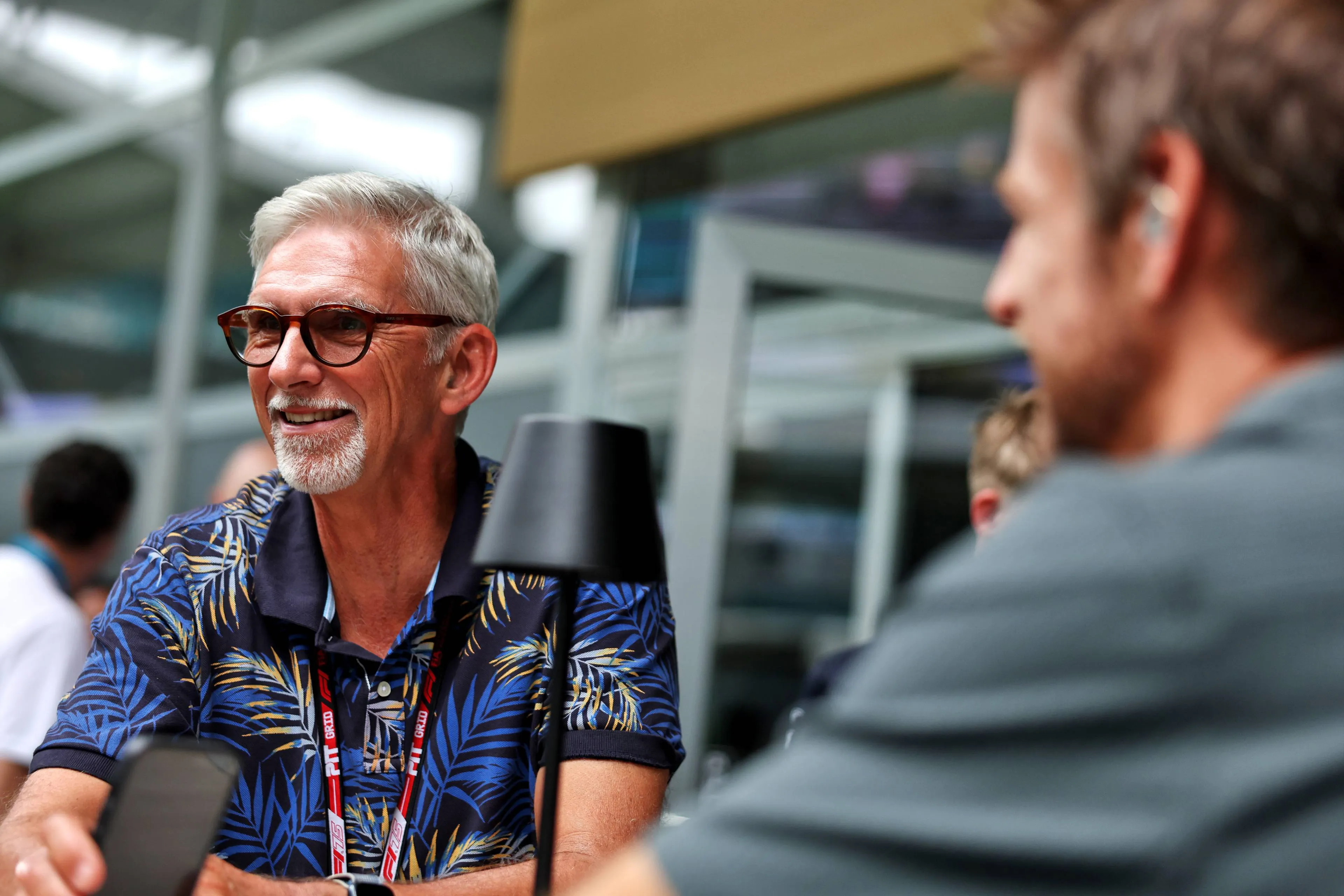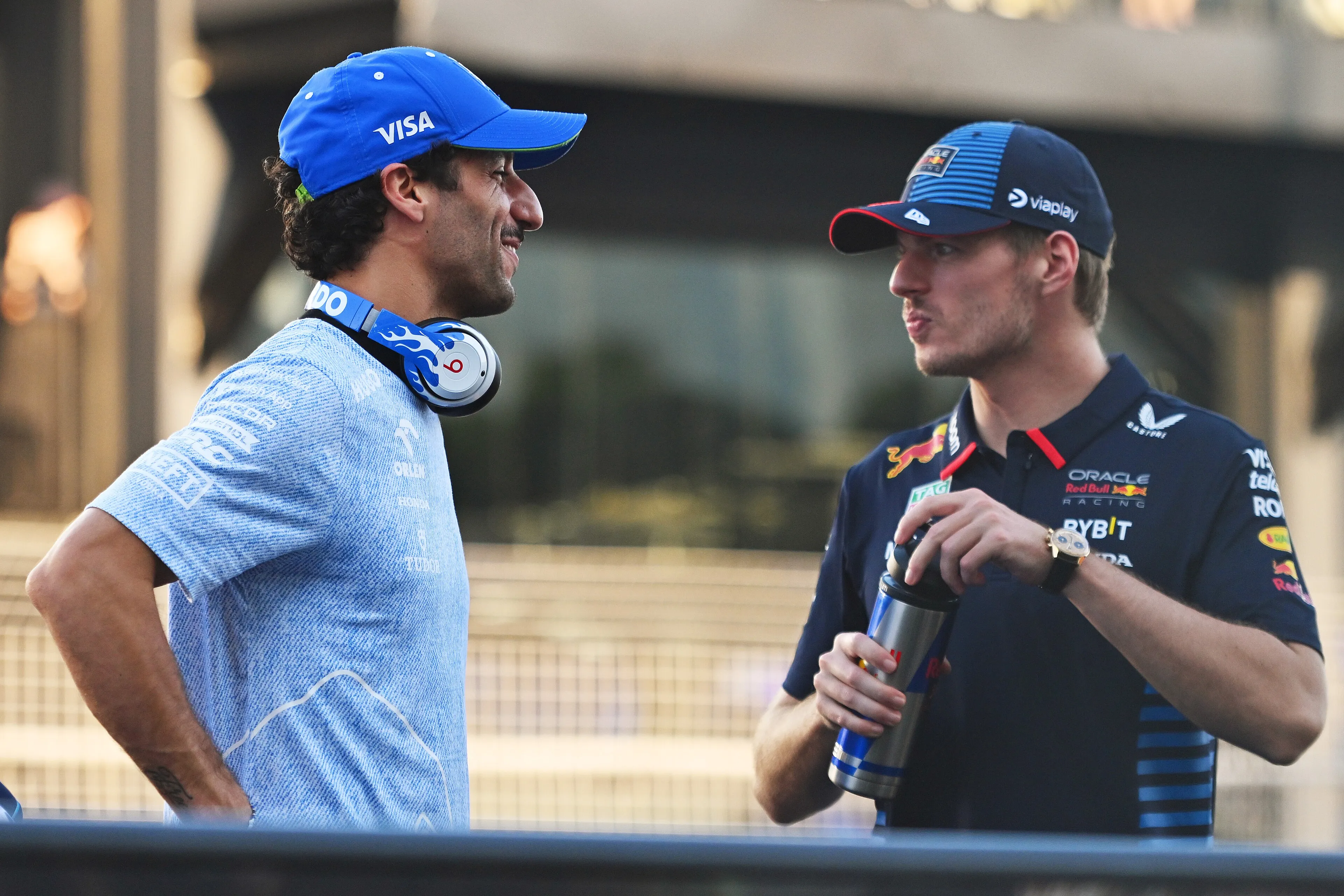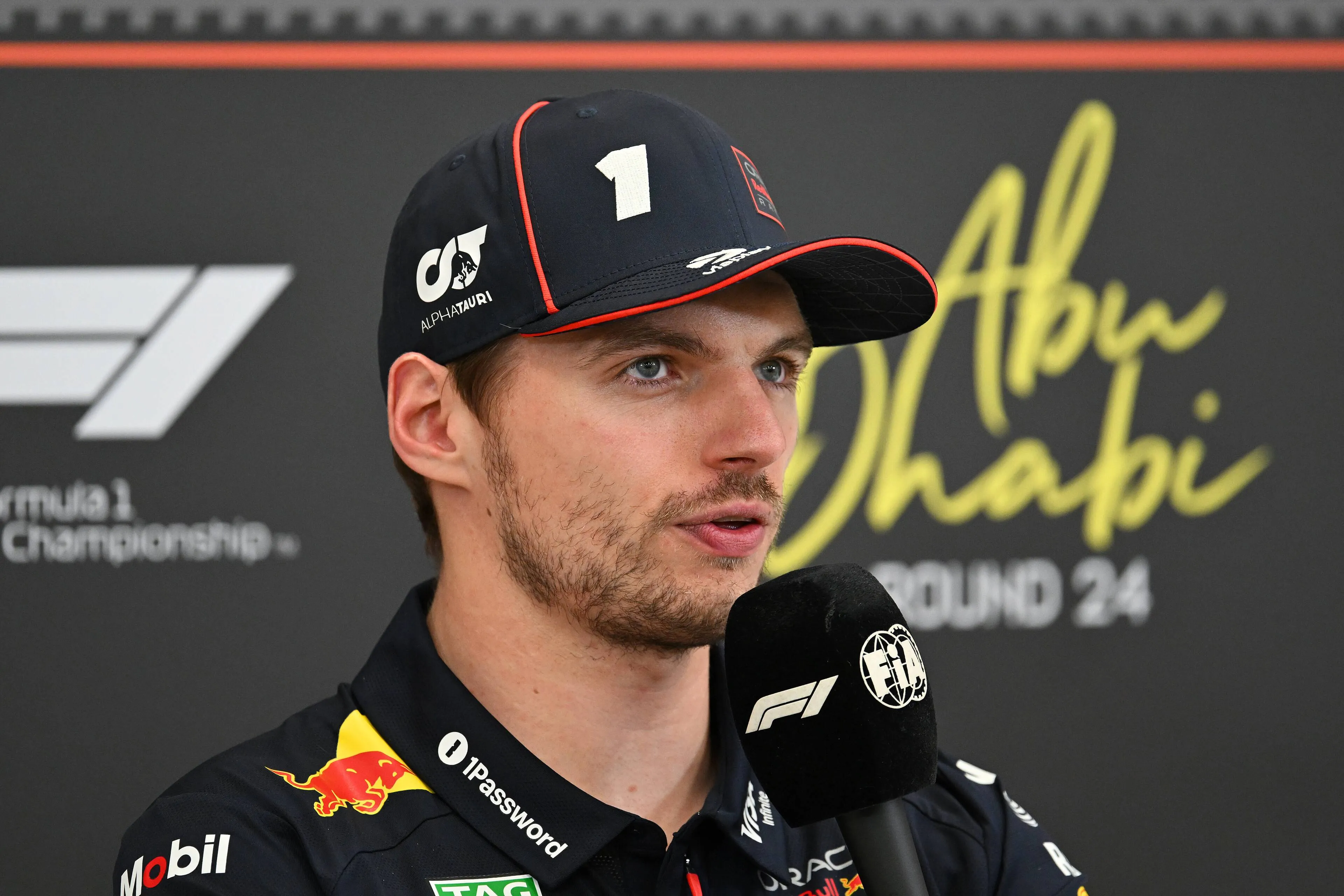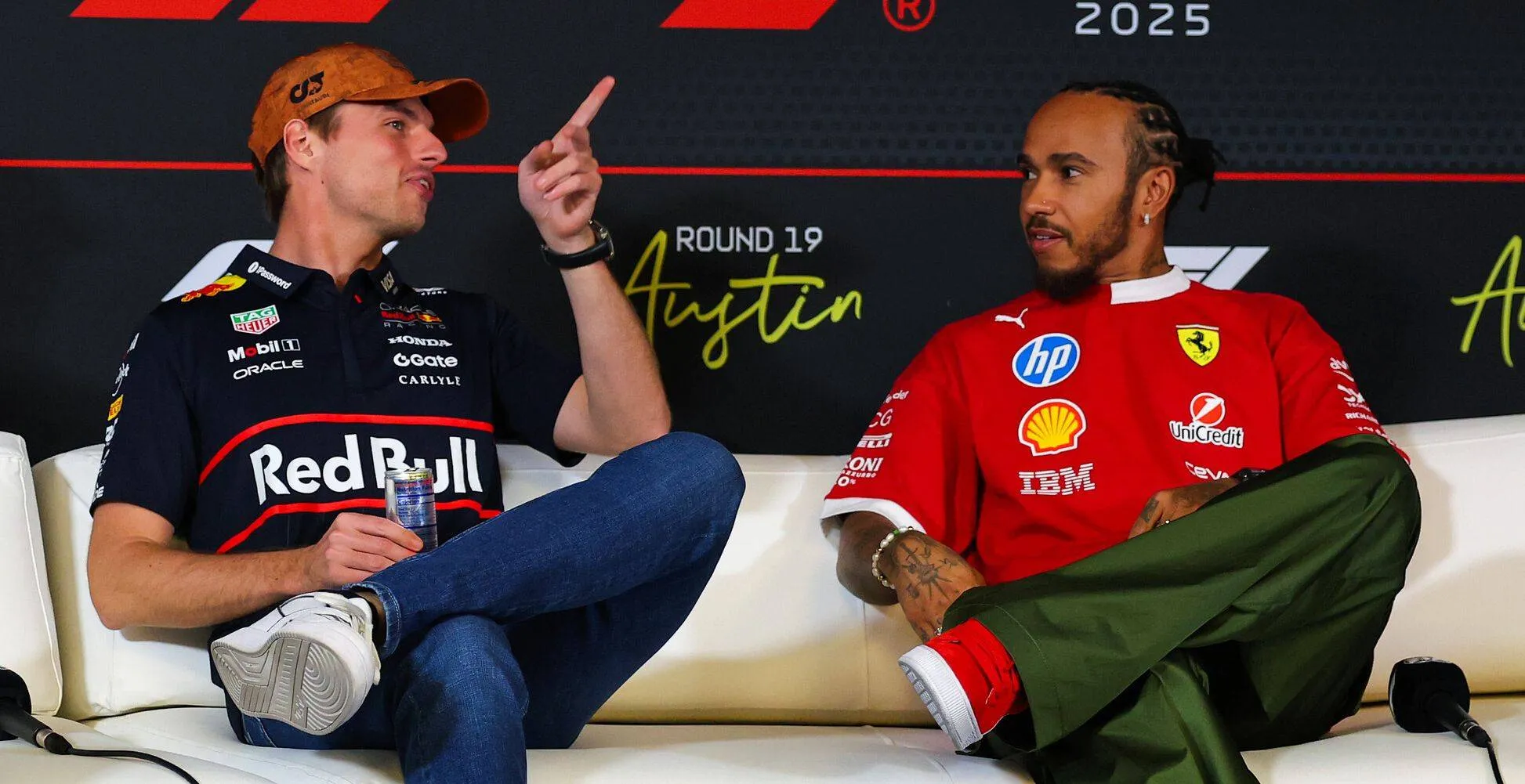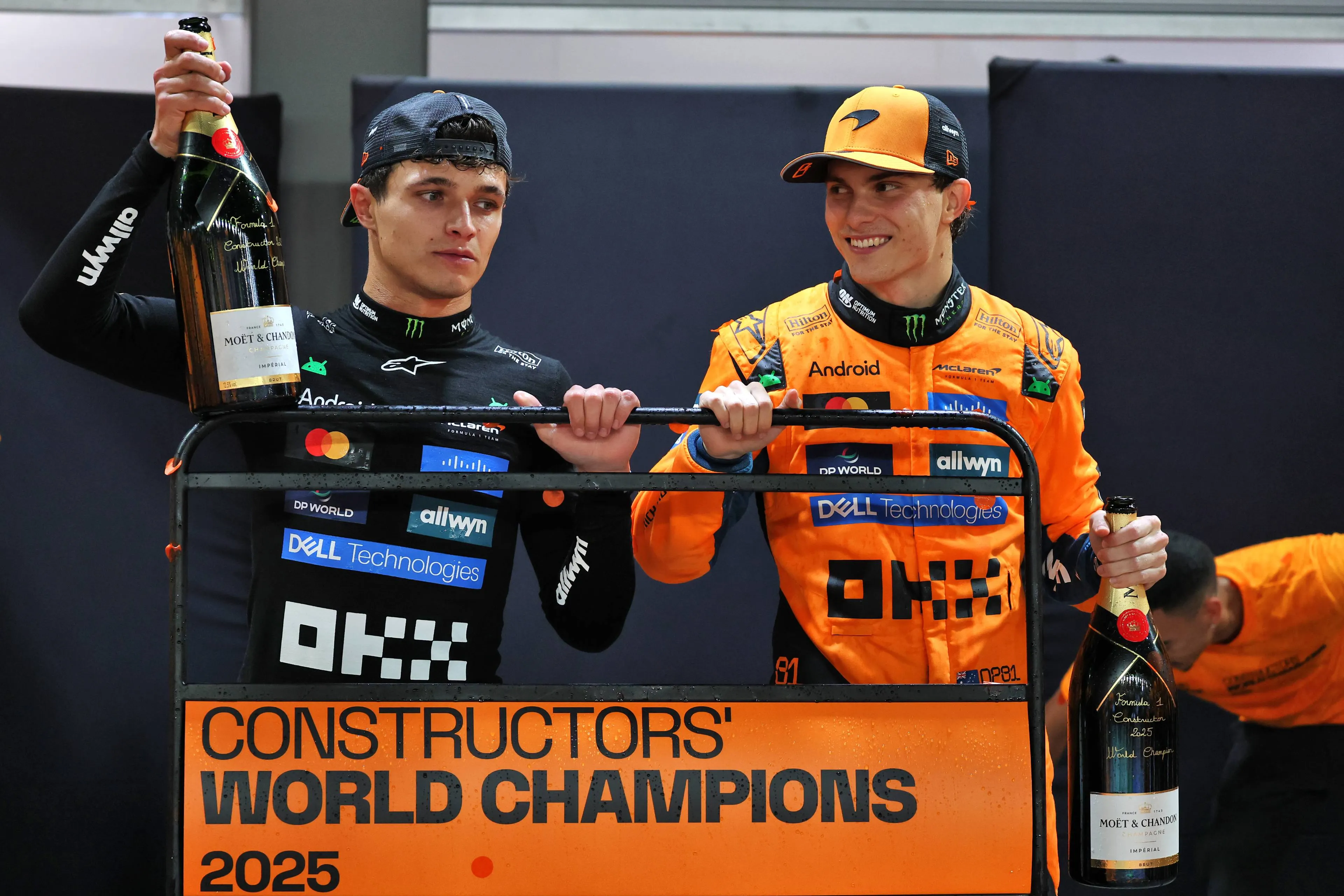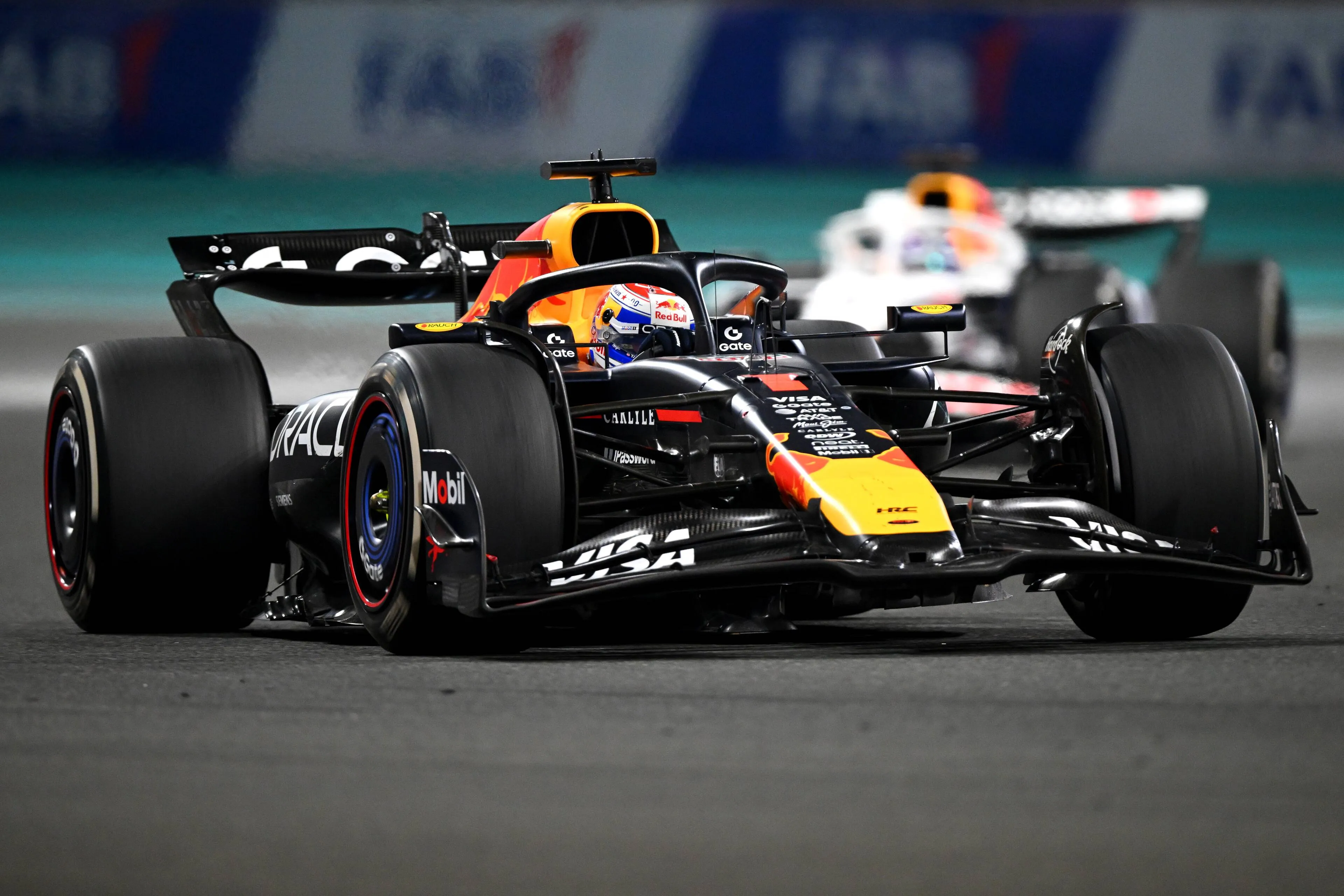Briatore backs cost cap, but his radical fix for driver salaries will never happen
The cost cap was introduced in the 2021 season to face the major economic setback the world, and therefore F1 teams, were undergoing. Alpine's interim team principal, Flavio Briatore is a fan of the initiative, but would add a 'minor tweak', which will never come to pass.
In those days, some teams, mainly the ones at the bottom of the table, were struggling to make ends meet, thus risking dissapearing from the grid altogether. The FIA took aggressive measures to costraint teams expenditure which had gone up - in the case of the top teams like Mercedes, Ferrari and Red Bull Racing - to astronomical figures around the 500 million dollars on race related operations alone.
When the cost cap was introduced there were some who suggested drivers' salaries should be included, an idea which was shut down almost immediately after it was conceived.
With some drivers like Lewis Hamilton and Max Verstappen earning well above the average F1 driver, with the Briton signing for Ferrari for a sum understood to be around 80 million dollars per season and the Dutchman's agreement with Red Bull Racing valued around the 65 million dollar mark, one might think including the drivers' wages in the cost cap would be a sensible thing to do.

Read also
Formula 1 is financially healthier than it ever was
During the Spanish Grand Prix weekend Briatore stated to media like GPblog that: "Formula 1, for sure, is different now. This was a very good idea to have the cost cap for the teams. I believe it should stay. I also believe the salary of the driver should be part of that,” later adding the the budget cap should be increased to make room for the drivers' fees.
The flamboyant Italian's argument to this being that the races were still the same as in his Benetton/Renault days. However, that was under Bernie Ecclestone's vastly exclusive leadership.
Now with Liberty Media at the helm, Formula 1 has become a much more accessible sport, therefore much more profitable and naturally so, increasingly sought after, with countries all over the world tripping over one another bidding for the opportunity to host an F1 race, and therefore looking forward to the opportunity of forking over the on average around 60 million dollars requested to host a championship round. Not to mention the TV broadcasting rights, the merchandising including the commercial partnerships to which powerhous brands like Pepsi, Disney, Lego have added their names to the ever growing list in recent times.
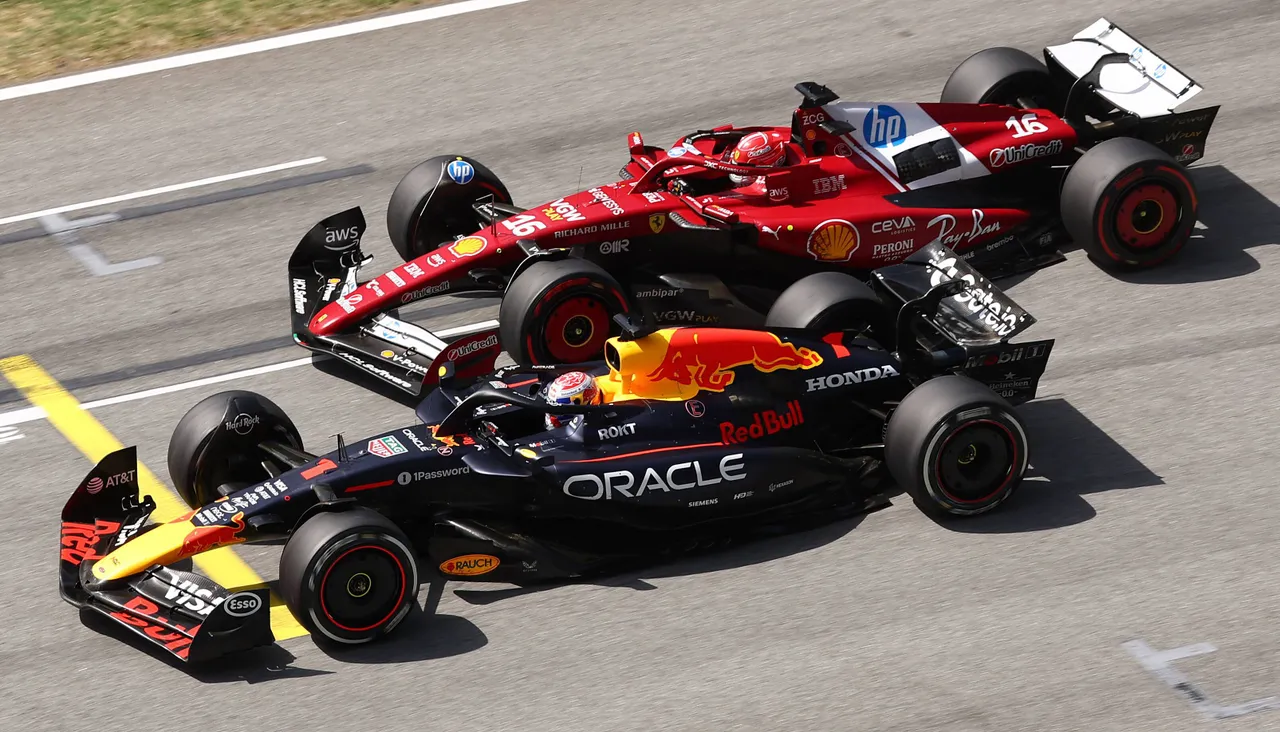
Read also
Why it doesn't make sense to include drivers' salaries in the cost cap
The drivers are at the center of the sport, they are the faces of the pinnacle of all categories in motorsport. Why do Verstappen and Hamilton make the amount of money they do? Simple. Their talent generates their respective teams income. By winning, scoring podiums, they ensure their teams finish as high as possible in the Constructors' championship. The position they finish in is the metric that defines how much prize pool money they each get.
They sell more than they make. Otherwise it wouldn't be smart business. Hamilton sells cars, Verstappen sells cans, but the end result is the same: the arks get fuller and fuller simply because they are part of their aforementioned teams.
The drivers make the races what they are. Their elite levels of discipline, training and preparation to fight for wins and titles, or even for the last points scoring positions are what make the fans tune in week in and week out. Without that level of excitement, drama and compelling entertainment, there's no more box office success. And with the gates of the dam fully open and the money flooding in, why shouldn't their merit determine the size of their income as well?
Popular on GPBlog
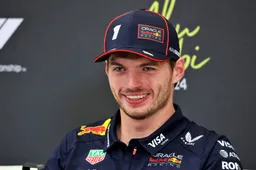
Verstappen rules out Red Bull exit amid clear F1 retirement timeline
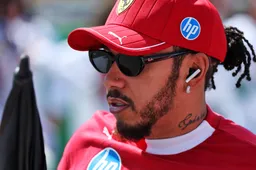
Hamilton backed for eighth title as Andretti refuses to write F1 star off
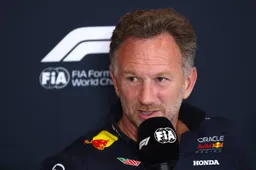
Christian Horner wants to buy Alpine - and that’s bad news for Red Bull
